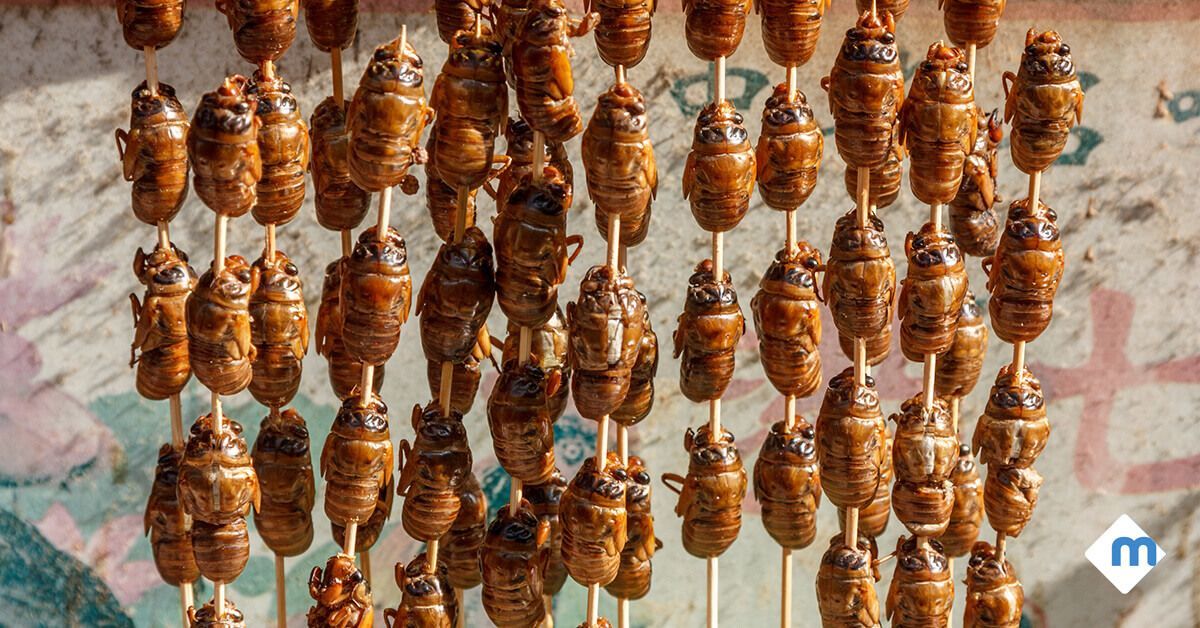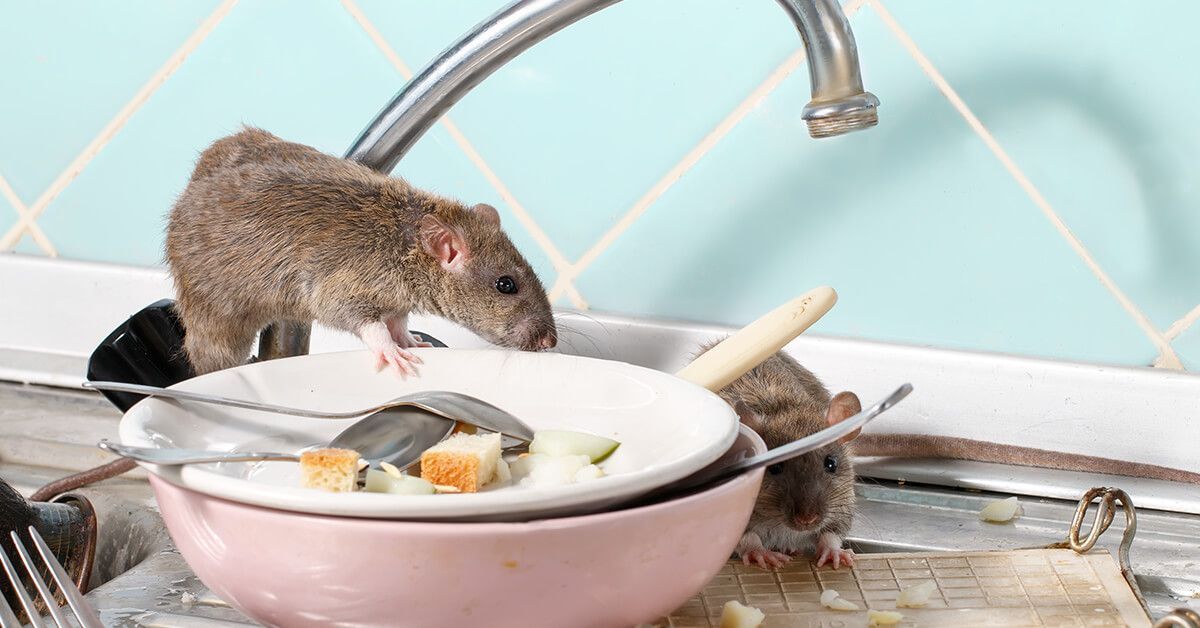Yellow Jackets are one of Georgia’s most common summer pests. They have powerful stingers, can be very aggressive in defense of their nests, and leave a painful wound after an attack. Yellow Jackets are equipped with barbed-laced stingers and are capable of delivering multiple stings to their victims. Local Exterminator is here to inspect and prevent yellow jackets from your property with professional residential pest control services.
What to do if you have yellow jackets on your property
Yellow Jacket Nests
Yellow Jackets prefer to nest in the ground and usually build a colony of 4000-5000. But they will also build their papery nests in sheds, attics, and under stairwells and decks. If you encounter a yellow jacket nest, it is best to leave it be and call your Local Exterminator technician for a safe and experienced resolution.
Much like their wasp and bee cousins, yellow jackets revolve around their queen. When the warm days of spring arrive, a queen will find a home for her colony, begin to build a nest, and lay eggs that will become her workers. Workers are infertile females that become the keeper of the nest, feeding the queen and larvae, and protecting the colony. Until her death in the fall, the queen will remain in the nest with her eggs, laying more and more in the summer months. A yellow jacket colony in Georgia can grow quite large, expanding to 10,000 workers and hundreds of thousands of cells.
Stingers
Yellow Jackets have barbed-liked stingers and can sting a victim repeatedly during an attack. They also leave a scented trace on the skin of the victim to make it easy for fellow workers to find, and attack.
Anyone stung by a yellow jacket will experience extreme discomfort and pain, but it is usually localized to the place where stung. Some humans, however, are highly allergic to the yellow jacket’s venom and need immediate medical treatment when stung. Anyone who encounters a yellow jacket nest and is stung repeatedly by many yellow jackets at the same time should seek medical attention as soon as possible.
Feeding Habits
Yellow Jackets feed on insects and are pollinators. But they also are highly attracted to human food and will swarm an outdoor picnic or trash that is not properly bagged and sealed.
What if you get stung?
Yellow Jacket stings are painful and will cause irritating itching. Use baking soda and water to form a paste and apply it to a fresh sting to help neutralize the venom. White vinegar can help with the itching. Be sure not to scratch the wound as it can become infected and lead to more harm.
Yellow Jacket Control & Prevention
At Local Exterminator , we have the skilled professionals to handle yellow jackets, their colony, and their nest. For the safest removal of a yellow jacket nest on your property, call us and have an expert technician come to evaluate the situation. Keeping yourself, your family, and your pets safe from a yellow jacket nest is our number one concern, and at Local Exterminator, we have over 30 years of experience to handle any wasp, yellow jacket or bee activity you come upon.




